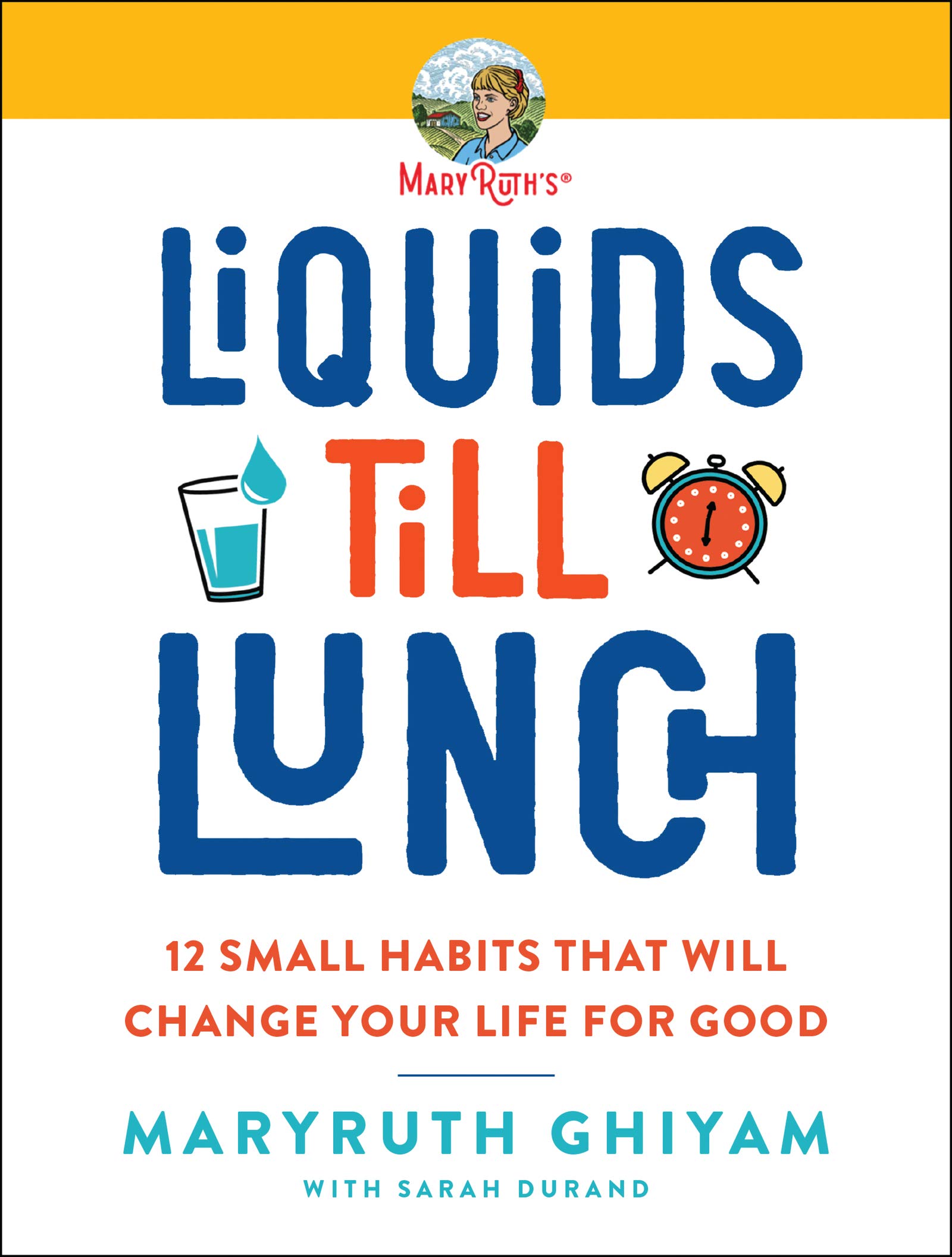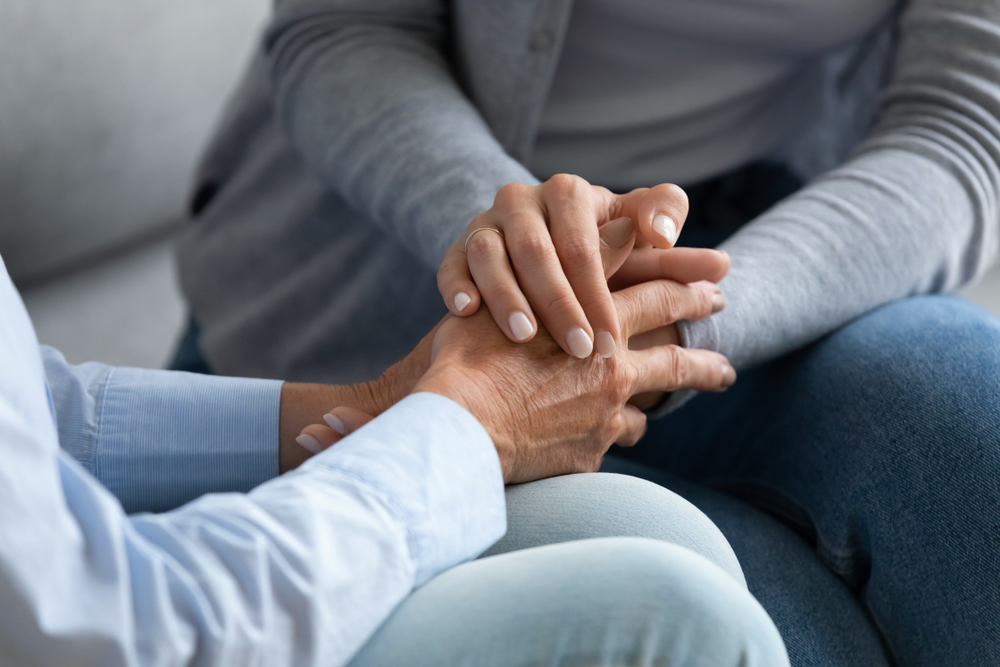When I was in my sophomore year of college, something happened in my life that I haven’t talked about very much. About seven years after my dad died suddenly and six months before my brother passed away, a good friend whom I’d met in college and had worked with in the intramural referee department there was murdered. He was only nineteen years old, and he was on the dean’s list, studying to become an accountant. He was tall, handsome, charismatic, and loved by everyone.
My friend had ended up at a small party in Brooklyn after a night out with a few friends. He didn’t have enough money to get a car back to the place where he was staying in New Jersey, so he stayed out longer than he normally would. It’s still unclear what happened over the course of the night, but at around 4 a.m., the neighbors in the quiet, residential neighborhood where the party had been heard shots. Not long after, he was found dead, face down on a yellow blanket in someone’s driveway. Five bullets were in his body, and he’d been severely beaten.
The case made national headlines immediately; the suspects were young and well off, the possible motives were bizarre, and the evidence was spotty. A lot of my friends were interviewed by the police during the long investigation. As the weeks and months passed, the press called again and again for interviews and, in almost every conversation I had at school, my friend’s name came up. Day in and day out, grief and trauma suffocated us all. The police didn’t arrest anyone for his murder for over a year, so we felt no sense of closure or justice.
Six months after my friend’s murder, my younger brother, Daniel, passed away suddenly.
That one-two punch of trauma hung over me for years after that, lodging in my body and making my heart muscles ache. When my mom was diagnosed just over a year later with two brain tumors, pain pummeled its way into my life even deeper.
I don’t think grief ever fully leaves you. I miss my friend, my dad, and my brother every single day. But I believe grief is about expanding, not shrinking. It’s about having more in your life, not less.
My husband, David, and I have always wanted a big family, with children close in age. Ethan and Elliot are just fifteen months apart, and I love that they feel like they might as well be twins. We started trying for another baby not too long after Elliot was born and, on his first birthday, August 19, 2019, I was absolutely thrilled to discover I was pregnant.
Weeks later, I got even better news: I was pregnant with fraternal twins.
David and I were so excited, and I remember catching him looking at me over dinner, then starting to smile and laugh. We booked our doula. We planned how we’d squeeze two cribs into Elliot’s room and move Elliot into Ethan’s. I put ultrasound photos on my desk at work, and I started to inventory all my old baby stuff. Right about my thirteenth week of pregnancy, when my morning sickness was really hitting me hard, David went away for a ten-day business trip. I didn’t think a thing of it because I had so much to look forward to.
A few days into his trip, I woke at up at 5 a.m. and realized I was having a miscarriage. (This was my third miscarriage: 2013—twins; 2014—singleton; and 2019—twins.)
I called David, and when he answered, I started crying. When he hung up, I fed and dressed my boys, survived the day, and then went to bed that night. I woke up the next morning and decided to stretch and stick to my usual routine. I’d learned from the deaths of my friend, my dad, and my brother that it’s especially powerful and healing during times of loss to keep up a routine if possible. I also knew that the loss doesn’t have to shrink your life. It’s just the opposite. Grief can expand it. Through the pain, you can grow into the person you’re meant to be.
When I first found out I was pregnant with twins that August, I started to work the twelve actions of my program harder and better than I ever had before. I began getting up an hour earlier than usual to inventory my kitchen, take my vitamins, pack lunches, and stretch. After work and on the weekends, I organized my house better than a professional could. Every evening at 5:30, I exercised, and I was asleep by 10 p.m. without fail. The knowledge that my job as a mother was going to double took me to the next level physically and mentally, right to a place I’d always wanted to go but had never been able to reach before. I was so happy with my life, and when I had the miscarriage and the twins were gone, no one could take away the place I’d gotten to. I was in a good position because of them. I was still right there with all I had gained from carrying them for thirteen weeks, and knowing I’d reached the top of my game, I couldn’t go back. My grief had expanded me, and the loss of those babies was not in vain. They gave me a huge gift and prepared me for my next twin pregnancy in 2020.
When you take that first, fundamental step toward an exercise routine by adding stretching to your life, imagine that this physical practice will expand you in a way similar to grief. By pushing yourself beyond a comfortable limit, you may feel pain, but that pain allows you to grow. And once you’ve grown, no one can take that away from you. You’ve embarked upon a journey of openness and expansiveness that’s the exact opposite of stagnation, and it’s all upward from there. Yes, your body and mind might suffer, and your accomplishments might seem petty to everyone else, but they’re not. When Michelle told me that her proudest accomplishment was touching her toes, I didn’t dismiss it. That small stretch had been a huge step for her, and after that she could do almost anything.
Stretching is, in so many ways, symbolic of how great your life can be. You can reach farther. You can dream bigger. You can grasp whatever it is that has felt out of your reach. Don’t view your grief of your trauma as a setback even if it feels like it. It’s an opening to something bigger that allows you to grow into greatness. Stretch into that new place and enjoy the endorphin release that lets you know you’re treating yourself well with self-care. Let your heart open and the tension dissipate from your tired muscles. Stretching has the power to move you forward if you allow it.

Excerpt from LIQUIDS TILL LUNCH: 12 Small Habits That Will Change Your Life for Good by MaryRuth Ghiyam. Published by HarperOne. Copyright © 2021 HarperCollins.


